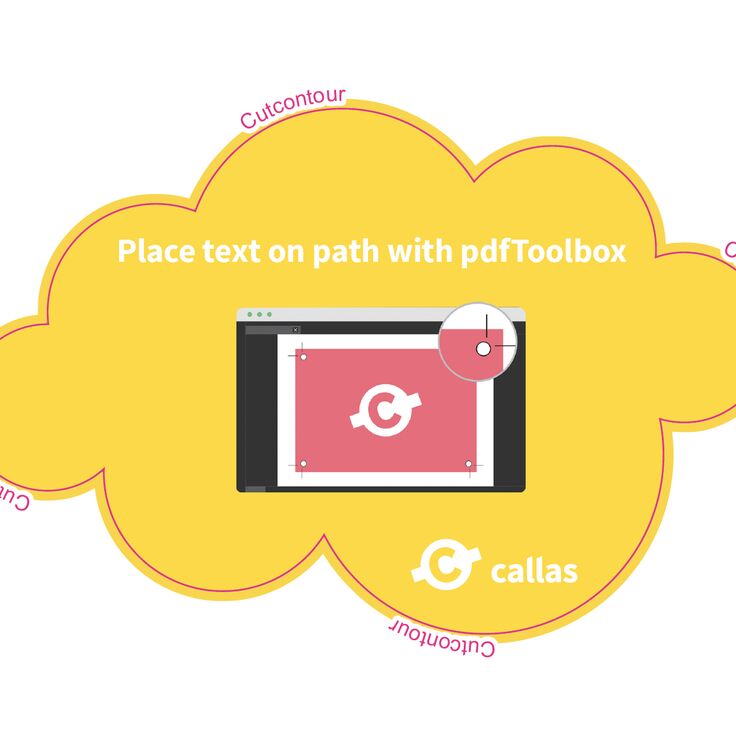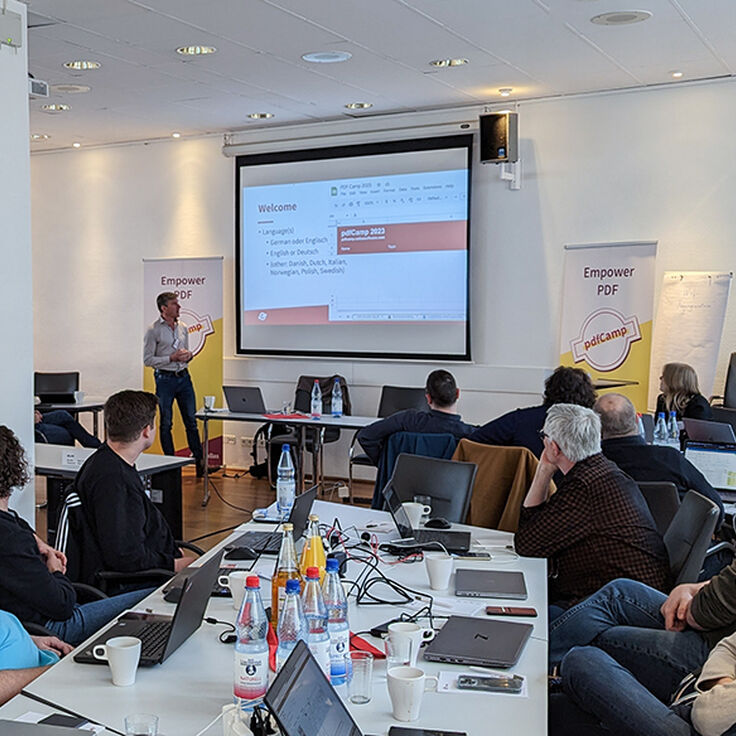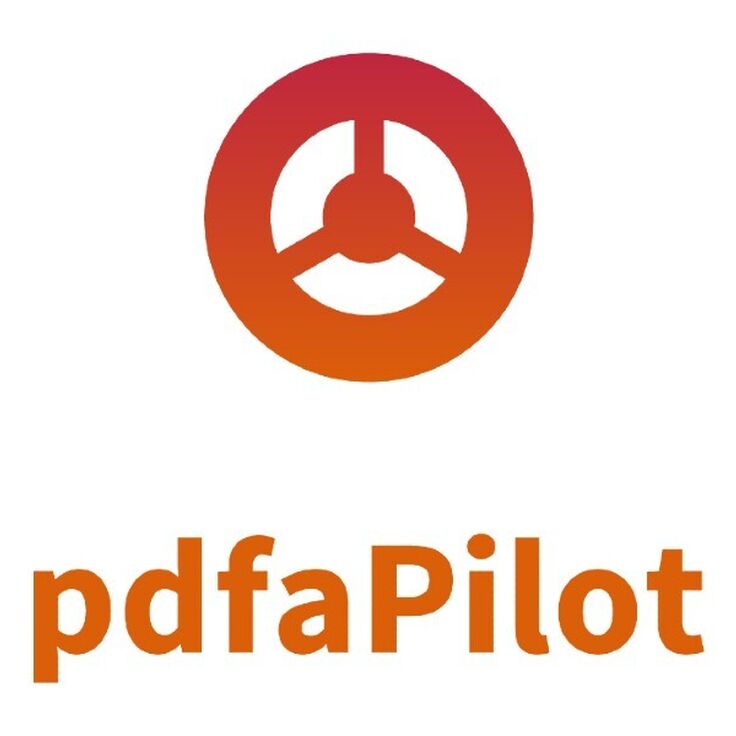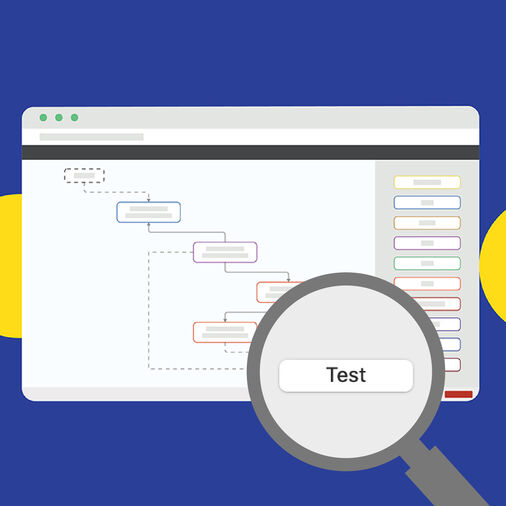One of the guiding principles of pdfToolbox from very early on was that – as much as possible – relevant standards should be implemented comprehensively and early. To do so, callas software has always made sure to be represented in the different organizations that develop standards. Good examples are the International Standards Organization (ISO), the PDF Association (PDFA), and the Ghent Workgroup (GWG).
The result of 'chasing standards' can clearly be observed in callas software’s products. In pdfToolbox, pdfaPilot and pdfChip, there is wide support for standards; examples are PDF/X, PDF/A, PDF/UA and all Ghent Workgroup specifications. And most of these were released very soon after the release of the standard itself, if not before the standard was officially released.
pdfToolbox 13.1 and GWG 2022
It’s interesting how that happens, and a good example can be seen in the recently released pdfToolbox 13.1. Years ago, the Ghent Workgroup decided that it was about time to start thinking about a successor for the GWG 2015 specifications. Internally referred to as “GWG Next”, it was decided to overhaul the way the specifications were created and shared with developers, and it was decided which new requirements (aka rules for PDF files to follow) were going to become part of the standard.
callas software is of course a GWG member so it not only knew what was happening but could also contribute to the development of the new standard. This means that, as new requirements were drafted, these could already be prepared in development. While this is obviously interesting for callas, it’s even more interesting and important for the GWG. The GWG wants specifications to be ready for use as soon as they are released, and the input from software developers on how difficult and feasible specific ideas are, is crucial to the organization’s work.
Challenges
In a specification, it’s easy to change a few words in a sentence, but sometimes that means software developers seriously have to scratch their head to implement the support that innocent change. GWG 2022 posed a number of those challenges…
- First, almost every requirement was rewritten by the GWG, to make it clearer and more exact and improve quality. This means that callas had to proofread every requirement and make sure no subtle differences were introduced that required software changes. Input during the development of the GWG specifications minimized the impact of this.
- Second, a few additional requirements had to be implemented. A good example is checking excess ink usage. GWG 2022 introduces new possibilities that allow excess process colors and spot colors to be tested independently, and those required additional software work.
- The biggest challenge was a fundamental change in the new GWG specifications. In earlier specifications, preflight applications didn’t get much freedom. All elements in a PDF file that violate a particular rule, had to be reported (cause a warning or error message). In the GWG 2022 specifications, the GWG rewrote the rules so that false positives could be reduced. An element on a PDF page that is completely invisible for example, often does not have to be reported. It’s up to the preflight software to see how intelligently it wants / can check the PDF file, but at least the GWG 2022 specifications give it the freedom to use all intelligence it has on board!
Surprises…
Reducing false positives didn’t sound especially challenging for callas: pdfToolbox v11 already introduced Context Aware Object Detection, usually referred to as Sifter technology. It’s goal? Exactly: reducing false positives by skipping harmless elements in a PDF file during preflight…
However, this technology has one disadvantage: it slows down preflight. This is because preflight now not only has to look at the element itself, but also at its relationships with all other elements on the page.
As the GWG 2022 preflight profiles use Sifter quite heavily to reduce false positives as much as possible, callas development needed to do some additional optimizations to Sifter so it wouldn’t slow down preflight to an unacceptable level.
pdfToolbox 13.1
So, while the majority of the necessary architecture and development was done as far back as pdfToolbox v11, callas continued to monitor the progress made by the GWG 2022 specifications carefully and progressively implemented what was needed to fully support it. The last bits and pieces that were missing were introduced in pdfToolbox 13.1, together with preflight profiles for all GWG 2022 variants.
In the end, there were less than two weeks between the release by the GWG of the 2022 specifications and the release by callas software of pdfToolbox 13.1. Mission accomplished!







